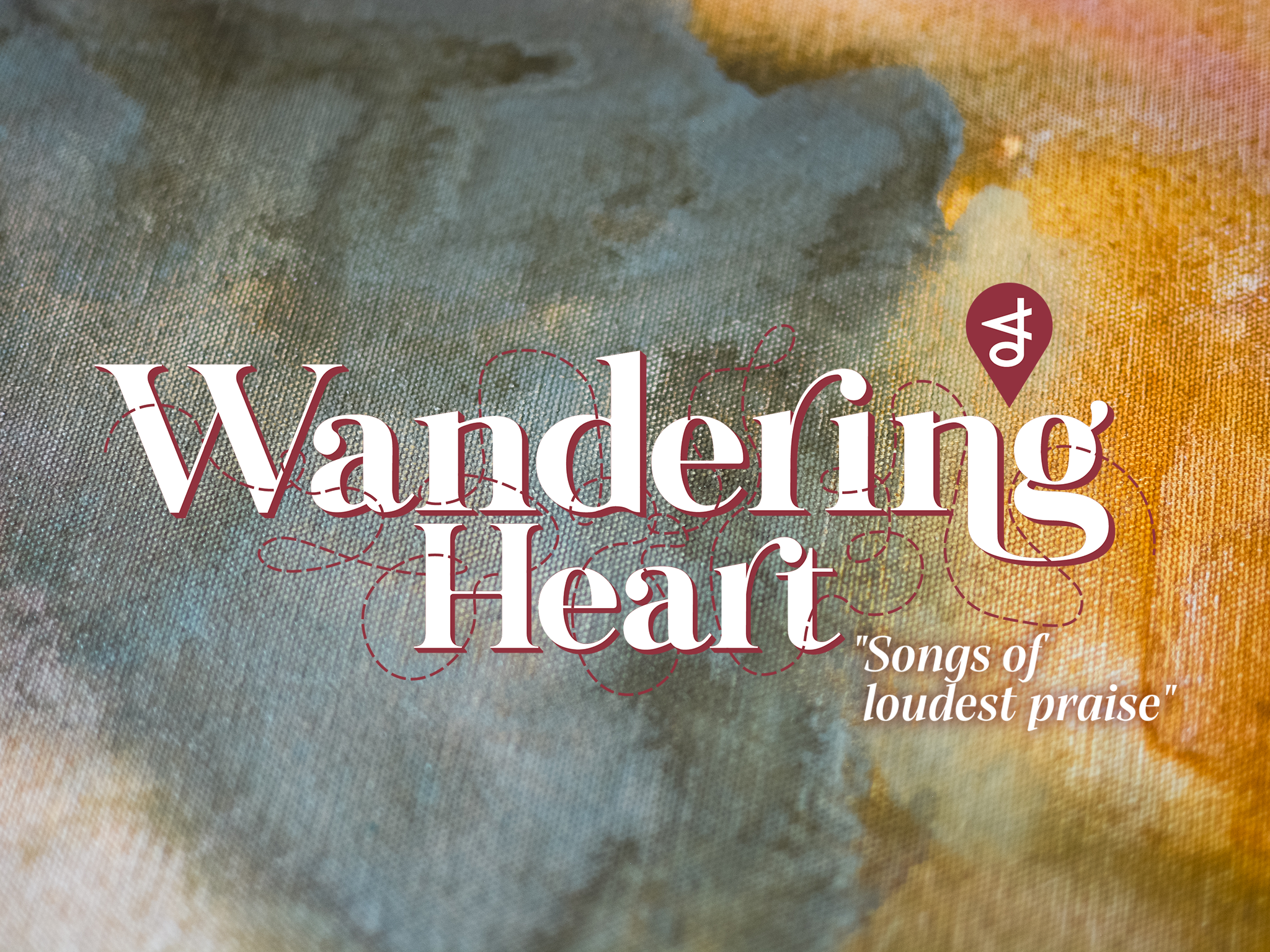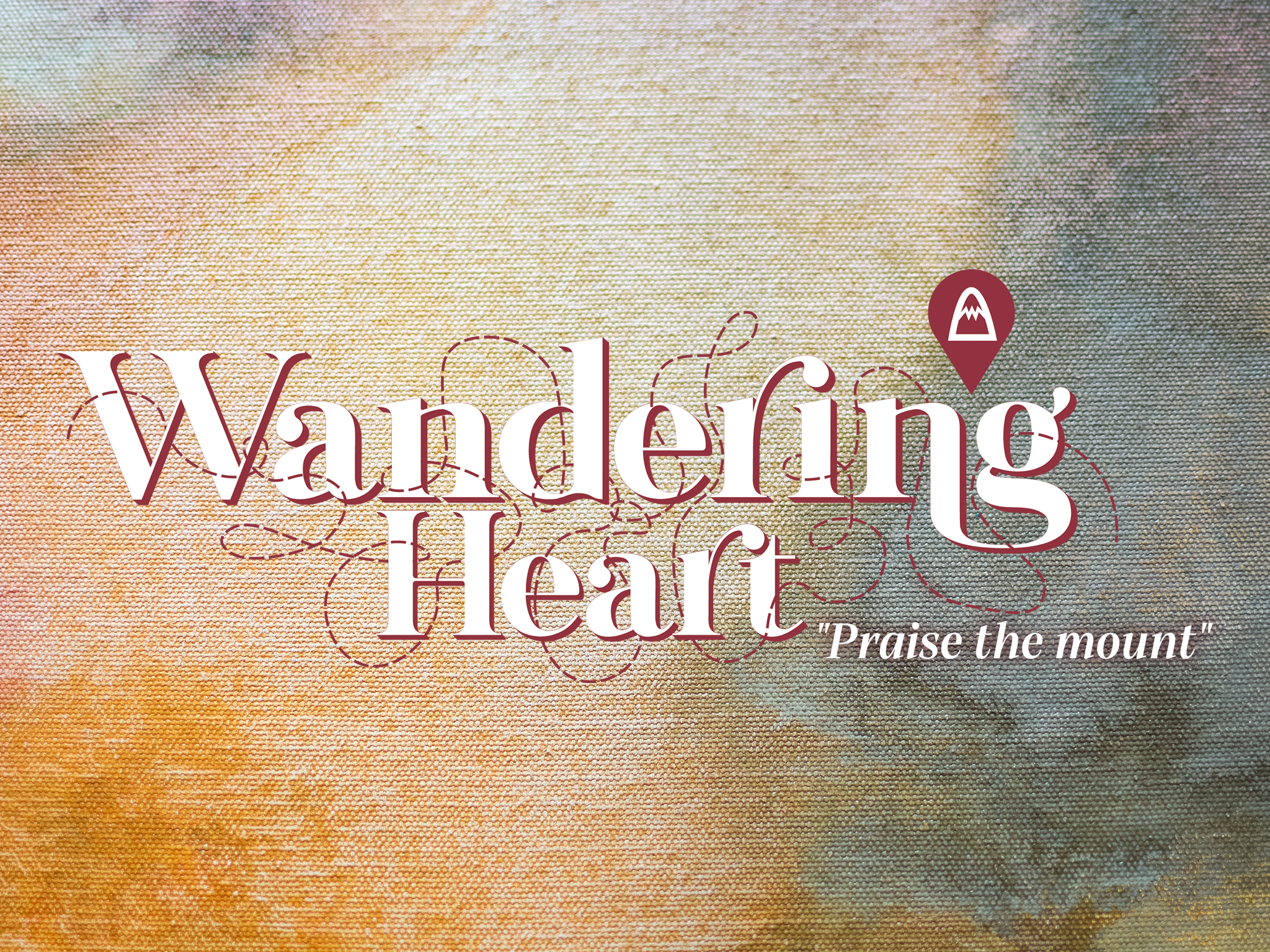Reflection for Pilgrim Uniting Church, 18 June 2023
Sarah laughed
Read aloud or listen to Genesis 18:1–15.
How did Sarah laugh? What do you hear and imagine of Sarah’s laughter?
When have you laughed in response to a call or word from God?
Letting the Story grow
My friend Richard Swanson has a project with actors at Augustana University in Sioux falls called Provoking the Gospel. It works with other parts of the Bible, too, by the way.
The aim is to speak the Bible aloud, to enact it, and poke at it, prod it, play with it – provoke it and us into new playings, tellings, hearings.
So they might go really wild and put Jesus and the crowd in space, a la Star Wars or Star Trek. They might swap the genders of characters, try it in angry, scornful, overly meek, fearful tones, even (especially) if that’s not in the ‘text’; in this way, they seek to hear, see, feel what is in the range of possibilities. Stepping beyond, outside, to look back with perspective.
And what is is rarely only one possibility. What is in a biblical composition is a range of possibilities for how to play with truth the story, the characters, the tone, mood, and meaning we find there.
Because every time we come to the story, we have changed, so the conversation changes, the impact changes: Sarah’s laugh changes depending on how we are, where we are in our story.
And that is OK.
Actually, it is more than ‘OK’.
All stories are meant to live, and to live is to grow and change. And these biblical stories especially so, as they are composed with the purpose of inviting us into life, transformed and transforming life in the Way of Holy One.
And how this is a story of transformation!
Life out of lifelessness
Lifeblood flowing after it has stopped.
Possibility from impossibility.
Listening to Sarah’s laugh
Sarah laughed.
How did she laugh?
Let’s try a few ways on.
Sarah laughed with disbelief. That’s there, isn’t it, quite explicitly. She articulates her disbelief, surely this is not possibly, this thing God says They will do? Sarah has experienced the lack of pregnancy, of motherhood for a long life; she has felt the drying up of the potential for life. Her body knows the impossibility of life forming within her. And that impossibility hurts. It hurts. When a dream is not realised, it is pain that debilitates. There is grief for potential, for what could have been, all the could have beens, and that is infinite. Sarah’s body could not believe that what it knew so deeply to be true could be made untrue, even with God. She could not dream anymore, for that dream had died again and again. So Sarah laughed with disbelief, for this promise contradicted what she knew to be true.
Sarah laughed with fear. You know the nervous laugh. What if this could be true – letting herself put aside her disbelief for a moment, what. if? Motherhood – now? Parenthood for us both now? That is frightening. Can we do it? I am so used to life as I know it, I don’t know if I can do, can be, this something new now. This promise will change everything. Our way of life. Our relationships within our household, our place in the community. It will change what we know of our selves, our being. Did the ground feel almost physically as though it shifted beneath her, threatening to knock her off her feet? And then there’s the fear that she will be laughed at by others? A mother at last, what all women yearn for in such a time and place when womanhood is so wrapped up in motherhood, in producing heirs, keeping the family and the name alive. But how ridiculous, motherhood at her age. When her peers are grandmothers – great grandmothers! No one wants to be the object of ridicule. Sarah laughed with fear.
Sarah laughed with delight. Could that be here, too? I see it in the image we have on the order of service. Delight, joy, gratitude – the dream coming true after all. Motherhood after all. Life out of her feeling of lifelessness. Oh, to laugh, to dance, to fly!! When some part of life has felt barren, lifeless, without hope or possibility, then, at last, light breaks in, the shackles loosen, and life begins again! I suspect we’ve all had moments like that, in various ways, big and small. Her delight is more evident perhaps in later episode of the story, when she talks of how God has given her something to laugh about, when she is holding the miracle in her arms. But in that moment of promise given, hope offered, perhaps, even then, Sarah might have laughed with delight! From a heart enlarging with gratitude and hope!

God listened to Sarah’s laugh
And God heard Sarah laugh. This again could be played in different ways. I think the version of the story we heard today gives us a fairly common interpretation, conveying a sense of the laughter being the wrong response. Or at least felt by Sarah in God’s hearing it, to perhaps be wrong: Sarah felt caught out.
But is she? Caught out? Judged? Wrong to laugh?
What if God’s tone is disappointment – you don’t believe me? You know me so little that you don’t believe I can do this, bring life from lifelessness?
Perhaps God is curious about how Sarah is feeling. That her laughter points to that underlying fear, or hope, or delight. What are you feeling? Talk to me? Share it with me?
Perhaps God is laughing?
What if God is laughing at Sarah? Is it possible to find here a God who plays with humans, who leaves Sarah barren until it is almost too late, then at the last minute rides in and saves the day – look at me, I can give you life! When have we been told this is who God is? When has life felt so unfair, we feel that God must be cursing us, toying with us?
Or is God laughing with Sarah? One of the commentaries I read suggested God is chuckling – oh yes, you laughed. And why not? This is miraculous! This is wonderful! Let’s laugh, let’s rejoice, together!
There’s a surprise in this story beyond the promise of miracle, and that is the presence of Holy One Themselves in that encounter. The narrator reveals that, although till now we may have known the visitors as angels or messengers of God, it is Holy One who speaks now. Not an intermediary. God. Surprise! It’s me! What fun! I had to tell you myself!
The mystery of miracles
It’s hard to tell stories of God breaking into life in such a way, isn’t it? Hard to tell, hard to hear of such news of transforming lifelessness into life, when we may have longed for such a message, such transformation and it hasn’t happened. It is hard to explain and understand the absence of hoped-for miracles, when the stories we receive from our spiritual ancestors tell us, as this one does, that miracles do happen.
I wonder if, across the breadth of the Biblical Story, we see how miracles happen in various ways. That Moses leads the people towards a dream, a promise, and does not get to live into it does not negate the promise, nor his participation in it. Doesn’t undo the miracle of liberation and restoration of the people of God, nor the miracle of God’s presence with Moses in profound, almost unique, ways.
Through Acts and his letters we hear that Paul experiences many miracles, and then, eventually, there’s a time when he is not miraculously liberated from prison, from death. The miracle then is the hanging on to God in the face of death; the embracing of life with God as beyond what we know of life.
In the Psalms, that treasure chest of human experience and emotion across the breadth and depth of life, sometimes the miracle is the reaching for the God we feel is absent, far away – not even in finding Them, but in still turning – not even in praising them, but in raging in Their direction.
And we see that miracles don’t mean happily ever after – Sarah’s own story takes a turn, when she turns on Hagar, fearful even though she has the promised son that it could all be taken away from her by Hagar and her child. Sarah might laugh with Holy One, and laugh with gratitude and praise, but the miracle doesn’t turn her into a perfect human. Sarah does not come off well in the story of her banishment of Hagar and the child into the wilderness that we will hear next week.
Miracles are small, as well as big. Changes are tiny, as well as monumental. Transformation is gradual, as well as sudden; is in part, as well as complete. Miracles are as unique as the humans for which they happen, as the moments in which they happen.
Hearing Sarah’s miracle
So as we tell Sarah’s story today, as God heard her, we hear her laugh. Perhaps today it feels like a laugh of disbelief, and we remember that disbelief is part of the miraculous moment. Perhaps today it feels like fear, and we remember that fear is not always erased by a miracle. Perhaps today Sarah’s laughter feels like joy, and that is the kind of miracle we want to celebrate. And we may celebrate the joyful miracles, but not as the pinnacle or the only, but as one among a kaleidoscope of miracles from tiny and hard-won turns towards the Holy to these momentous breakings in of the Sacred. And let us give thanks for each miracle however it comes, miracles none-the-less part of the miracle of life.





Leave A Comment